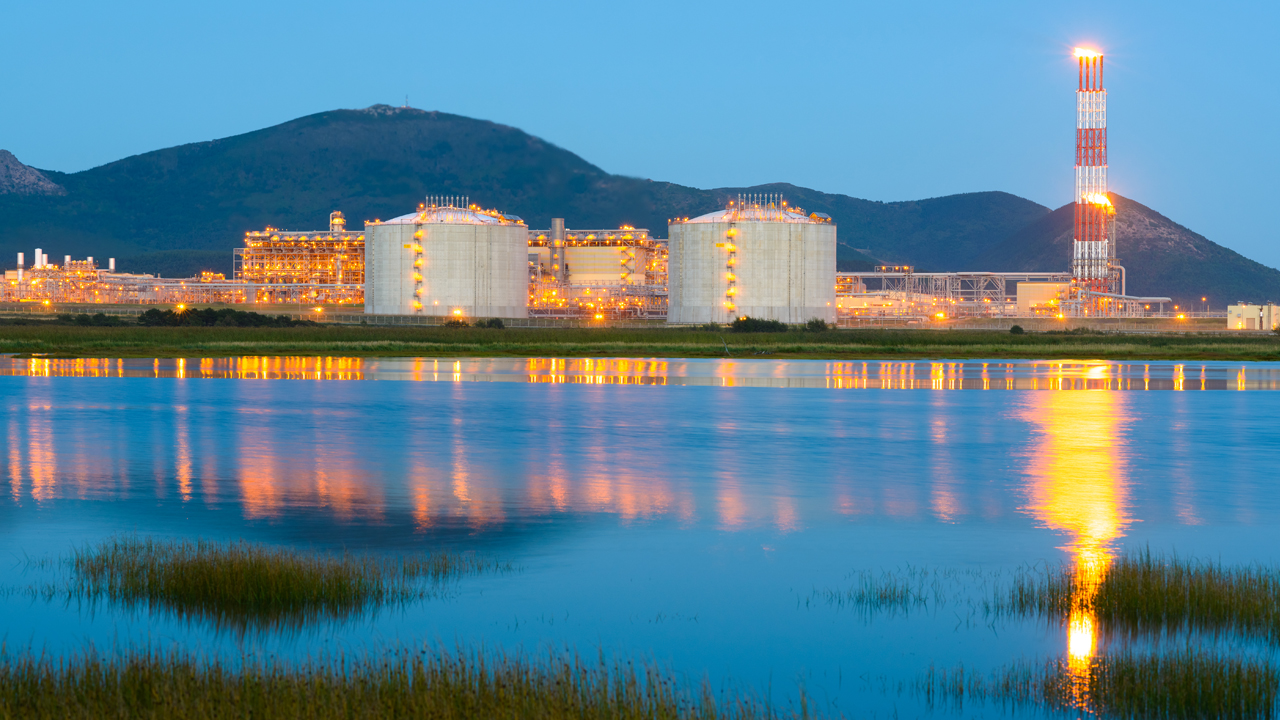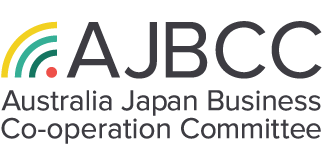22 Apr Japan-Russia Relations: Recent Developments
Japan has continued to be at the forefront of Asian countries in speaking out, and taking action, against Russia for its invasion of Ukraine. Most recently, Japanese Finance Minister Shunichi Suzuki denounced the invasion at the G20 Finance Ministers’ meeting in Washington on 21 April, though he did not join other Western ministers in walking out when the Russian delegation spoke. The Japanese Diet has also reportedly approved formally revoking Russia’s most favoured nation status, and the government has modified its previous approach to transfers of military-related material, providing Ukraine with protective equipment against chemical weapons. Previously, Japan had won plaudits from Western commentators when it announced on 9 April that it was moving to ban imports of Russian coal and oil – a significant move, though its dependence on Russia for energy is lower than that of many European countries.
Japan’s recent actions build on a robust approach through the crisis. It has taken actions with other Group of Seven (G7) nations on sanctions in response to Russia’s aggression in Ukraine. It has imposed sanctions including freezing the Russian central bank’s assets, banning key Russian financial institutions from the SWIFT international payment system and imposing export bans on nearly 300 items and technologies. At the G-7 summit held on 24 March, Prime Minister Kishida said Japan would further increase pressure on Russia by implementing additional sanctions and that the Japanese government would work on a revision bill aimed at revoking Russia’s Favoured status. On 29 March, the Japanese government approved a ban on exports of luxury items (such as luxury cars, jewellery and artworks) to Russia, aiming to add pressure on oligarchs who have been supporting Russian President Vladimir Putin financially.
The Japanese Chief Cabinet Secretary Hirokazu Matsuno said on 28 March the Japanese government had lodged a protest against Russia through diplomatic channels about its military drills, which had taken place on 25 March involving more than 3,000 troops on a chain of islands between Japan and Russia, including four disputed islands off Hokkaido. It was the first drill on the disputed islands since the Russian Foreign Ministry’s announcement that it was withdrawing from talks with Japan aimed at signing a formal World War II peace treaty, in retaliation for Japan’s sanctions against Russia for its invasion of Ukraine. Japan and Russia did not sign a peace treaty after the War because of a lingering dispute over those four islands, which are referred as “the (Four) Northern Territories” by Japan. In 1956, Japan and the Soviet Union signed a joint declaration to restore diplomatic relations between the two countries. Japan also recently lodged a protest with Russia after the Russian Defense Ministry said it had conducted a missile drill on the disputed islands on 11 March.
In Ukrainian President Volodymyr Zelenskyy’s 23 March virtual speech to the Japanese parliament, he said “Japan was the first Asian country that applied real pressure on Russia and supported the sanctions against Russia. And I urge you to continue to do so.” He also called for a ban on trade with Russia to stop the “tsunami of invasion”.

LNG plant, Sakhalin island, Russia
Energy is a key issue for Japan. Japan has been exploring alternative LNG suppliers, including Australia, in preparation for potential supply disruptions from Russia. Japan is reviewing its dependence on Russian energy in line with the other G-7 nations. It relies on Russia among other countries for energy imports – about 8.4% of Japan’s LNG imports and 3.6% of Japan’s crude oil imports came from Russia in 2020.
The energy conundrum has led to debate over ongoing Japanese involvement in the Sakhalin-1 and Sakhalin-2 projects (oil and gas projects located in Russia’s Far East, north of the Japanese island Hokkaido). Prime Minister Kishida had expressed caution about the suggestion Japan should withdraw, describing them in the Diet in late March as important projects and saying Japan needed to thoroughly address the question of whether they were business projects or a matter of national strategic interest. “I believe it is important for us to make cool-headed decisions on how we will maintain relations with Russia in this respect going forward from the perspective of our national interests.” On 8 March, the Ministry of Economy, Trade and Industry (METI)’s Minister Hagiuda had told an upper house committee if Japan left the projects and a third country immediately took them over and Russia did not feel any pain, it would be meaningless. The Sakhalin Oil and Gas Development (SODECO) – a consortium that includes METI (50%), Itochu, Marubeni and Japan Petroleum Exploration – has a 30% stake in the Sakhalin-1 project, while Mitsui and Mitsubishi have stakes in Sakhalin-2 project, 60% of whose LNG production is exported to Japan. Shell and Exxon Mobil have announced plans to exit the Sakhalin-1 and 2 projects respectively over Russia’s invasion of Ukraine. On 31 March, Prime Minister Kishida told the Diet Japan would not withdraw from the Sakhalin-2 project. “Sakhalin-2 is an extremely important project for Japan’s energy security as it has contributed to the long-term, stable supply of low-priced LNG. It is not our policy to withdraw.”
The signs are that the Kishida Cabinet’s approach to the Russia crisis is winning widespread support among the public, with several opinion polls showing an increased support rate in recent weeks.



